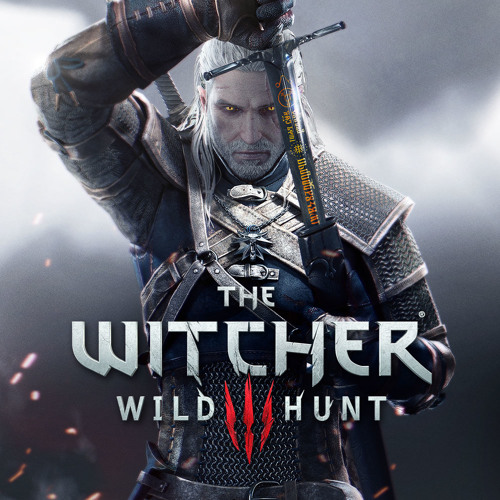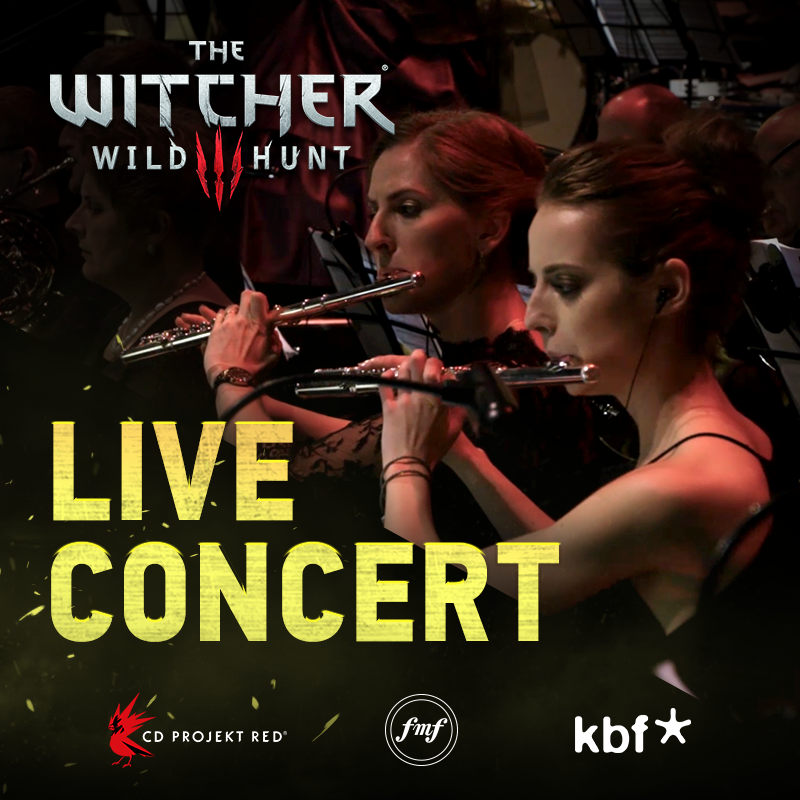
"Lazare" is actually a Bulgarian folk song ( alternative performance), which is traditionally performed on Lazar's day, 8 days before Easter.

Steel for Humans" is based on "Lazare", from the album Eiforr. "Silver for Monsters." is based on "Sargon", from the album named Oj Dido (2008). The poem takes a curious twofold form in part it's a lullaby addressed to a baby, and in part it's reproach to a lazy son who is 'ower lang' in his bed and won't get up.

A great, if neglected, pioneer folk song collector, John Bell, noted the song at the outset of the nineteenth century, but it wasn't printed until 1882, in the Northumbrian Minstrelsy. Its peculiarity no doubt derives from the character of the local northeastern bagpipe, and the tune was surely an instrumental one before words became attached to it. And of this style, Bonny at Morn is one of the masterpieces. Northumbria is the only part of England with its own regional music-dialect, its own stock of melodies that are distinct in style from tunes anywhere else in the country. "Whispers of Oxenfurt" is based on "Bonny at the Morn" ( example performance), and English folk song.

"Eyes of the Wolf" is based on (in this case, shares the lyrics) "Oj Dido", from Percival's album of the same name. "The Trail", which is also featured in the eponymous opening cinematic, is based both on "Słyszę (1)" and "Sargon" (see below). Note that since Percival performs what they call folk metal, it's quite possible that different versions may vary significantly, across album records and live performances, especially since now they seem to perform a mixture of their own songs and the soundtrack songs.

Going by the Wikia list, and having listened to some of the works of Percival Schuttenbach, I think I can identify the following songs being based on existing works:


 0 kommentar(er)
0 kommentar(er)
